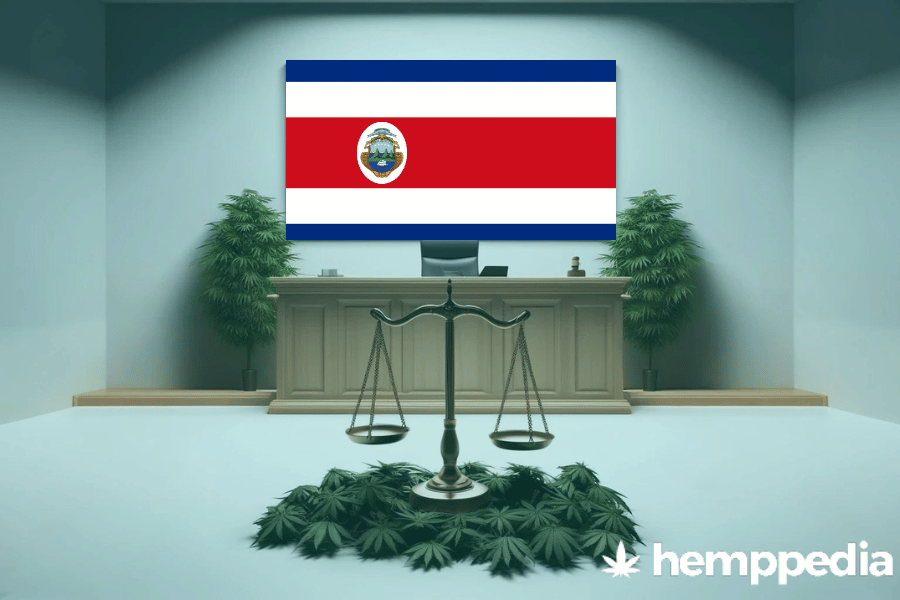TL;DR: Is CBD Legal in Costa Rica?
The legal status of CBD (cannabidiol) in Costa Rica is restricted. While it’s not entirely criminalized, the use, possession, and cultivation of CBD are tightly controlled under existing drug laws. Criminal charges can be applied under certain circumstances, especially in cases of misuse or unauthorized sale.
- Usage: Restricted
- Possession: Controlled (allowed only with appropriate authorization)
- Sale: Banned without proper licenses
Overview of CBD Legislation in Costa Rica
Key Terms
CBD stands for Cannabidiol, a compound found in the cannabis plant. Despite being part of the cannabis plant, CBD is non-psychoactive, meaning it doesn’t create the ‘high’ associated with THC (tetrahydrocannabinol), another key compound in cannabis.
Legal Landscape
The broader legislative framework for CBD in Costa Rica falls under the Law on Narcotic Drugs, Psychotropic Substances, Illegal Drug Abuse and Related Activities, and Unauthorized Activities and the General Health Law. These laws, however, focus primarily on controlling drug abuse without specifically distinguishing CBD from other narcotics like marijuana.
Regulatory Bodies
In Costa Rica, the Costa Rican Institute for Drug Research (ICD) and the Ministry of Health are the main bodies overseeing the cannabis situation.
Conditions and Restrictions
While the use of CBD is restricted, there are certain conditions. Only products with a THC concentration of less than 0.3% are allowed under the laws, and they must be sourced from industrial hemp rather than marijuana plants.
Historical Context
The history of CBD legislation in Costa Rica has seen a series of strict drug control policies. However, no explicit laws have defined the status of CBD. Instead, its regulation has been controlled indirectly through laws aimed at marijuana and narcotics in general.
Possession, Use, Cultivation, and Sales
As discussed, possession, use, and cultivation of CBD are restricted in Costa Rica. Despite this, some hemp products with low THC content have been sold on the local market. However, unauthorized sale and misuse can lead to criminal charges.
Enforcement and Penalties
Failing to comply with Costa Rica’s restrictive CBD rules can result in various penalties, including but not limited to fines and imprisonment.
Comparative Analysis
Although Costa Rica’s restrictions on CBD are relatively strict compared to some regions such as the European Union and Canada, they remain less severe than in some regions where CBD is completely criminalized.
Conclusion
The state of CBD legality in Costa Rica remains a complex issue, reflecting the country’s cautious approach toward narcotic regulation. Although CBD products’ benefits are increasingly recognized globally, Costa Rica’s legislation emphasizes police control and abuse prevention.





